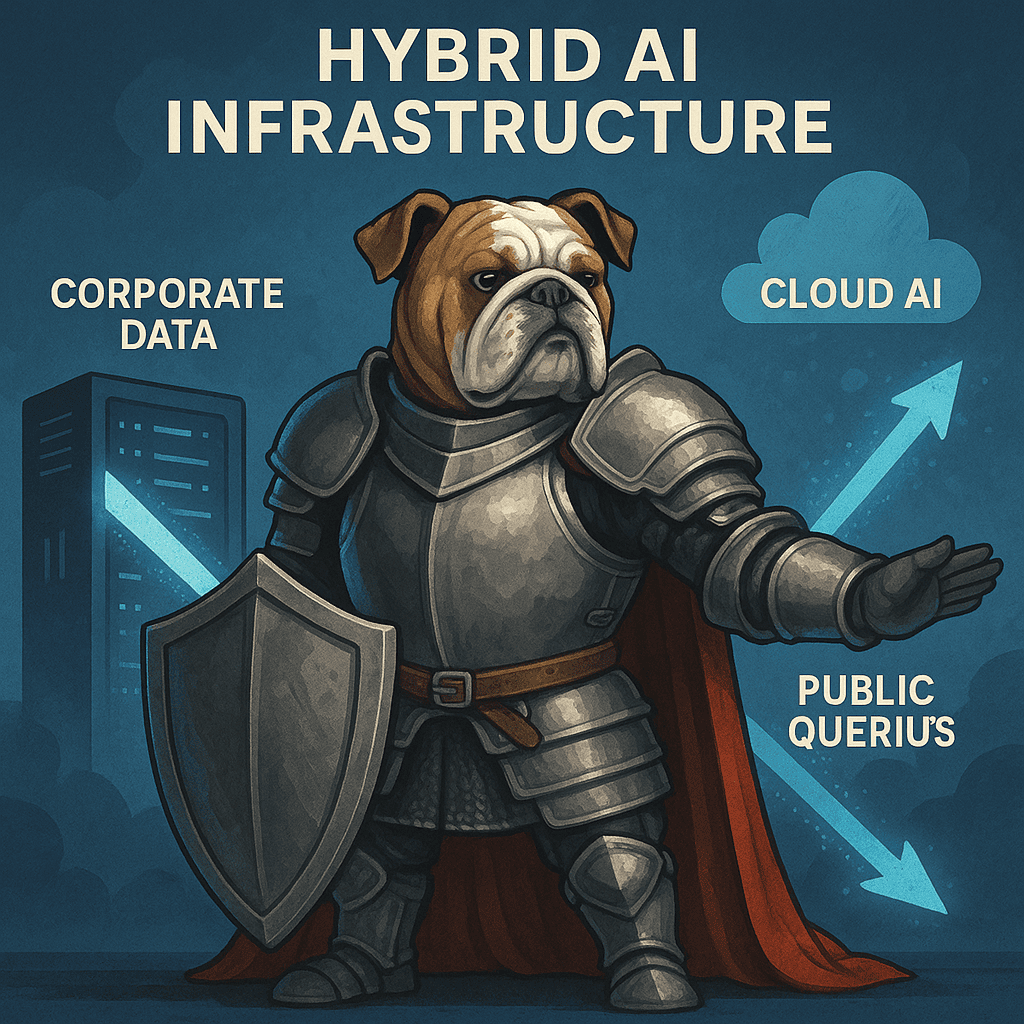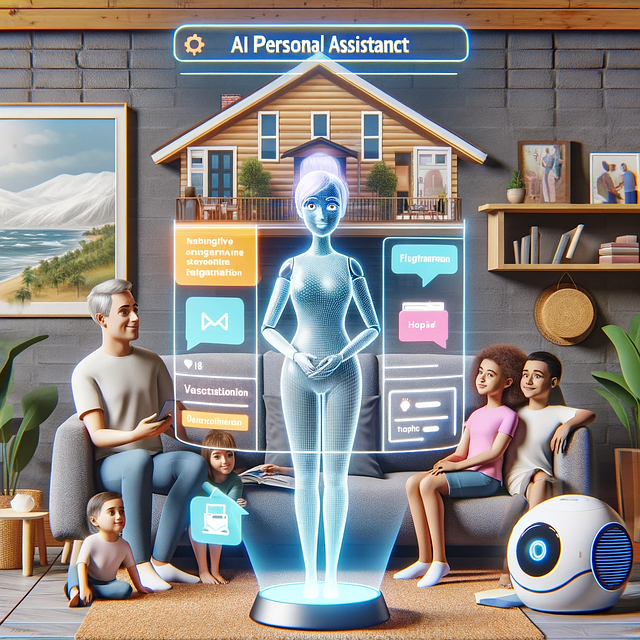Why Local Intelligence Will Outpace the Cloud

The Shift: From Cloud-First to Hybrid Intelligence
For years, the dominant strategy was clear: move everything to the cloud.
AI models thrived on:
- centralized datasets
- elastic compute power
- hyper-scaled deployments.
But cloud dependency carries real risks:
- Loss of control over proprietary data
- Greater exposure to cyber threats
- Dependency on third-party infrastructure for mission-critical intelligence
If AI is the new source of competitive advantage, can organizations really afford to host it on someone else’s servers?
The answer is emerging: Hybrid AI infrastructures that combine the scalability of cloud with the security and sovereignty of on-premise systems. Sensitive model training, proprietary data storage, and inference engines are being moved back behind corporate firewalls, out of reach from prying eyes.
The future of AI isn't cloud-only. It's control-first.
The Rise of Corporate AI
Imagine a world where every major enterprise develops and deploys its own private AI:
- Custom-trained, proprietary models
- Secure, self-contained AI ecosystems
- Intelligence tightly aligned to corporate strategy
In this future, AI becomes more than a tool, it becomes a digital extension of the company itself.
But with that comes new risks:
- AI-to-AI competition: Where corporate models try to outlearn, outstrategize, and outmaneuver rivals.
- Economic warfare: Fought not with tariffs or takeovers, but with algorithmic superiority and real-time decisioning.
This isn't science fiction. It’s the next frontier of business competition.
And those who own their AI will own their future.
The Personal AI Revolution
It won’t stop at corporations.
At the individual level, we'll see the rise of **personal AIs**—decentralized, local, and privacy-first.
Your personal AI will do more than answer queries:
- It will negotiate on your behalf.
- It will protect your data.
- It will act as your digital proxy in an ecosystem designed to extract value from you.
And critically, it will run locally.
No continuous reliance on external cloud servers. No third-party harvesting of your personal patterns and preferences.




